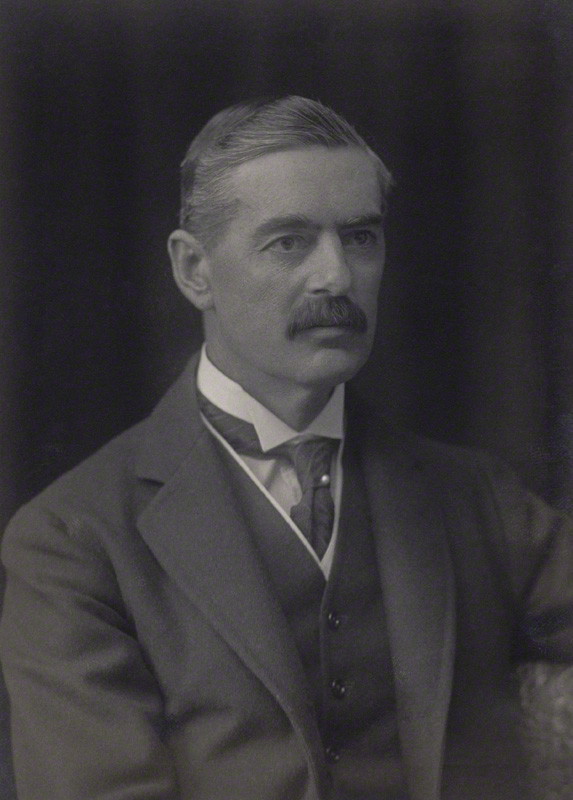Public Opinion and Appeasement in 1938
Public opinion and appeasement played a huge role in the events that occurred ahead of the start of World War Two. The most notable display of this was the British Prime Minister Neville Chamberlain was cheered by crowds upon his return from Munich in 1939 with the ‘scrap of paper’.
The paper held by Chamberlain was an agreement signed by the Prime Minister and German Fuhrer Adolf Hitler, stating that there would not be war between the two countries due to a mutual appeasement. Some argue that this was desired only by the government, rather than by the British public, but there is evidence that the public backed his appeasement policy. In fact, figures from 1938 make it clear that nobody wanted war, and that his return with "peace for our time" was widely celebrated.
This was clearly highlighted in the Oxford City by-election in October 1938. The constituency offered voters two main candidates, including A.D. Lindsay who opposed appeasement and Quintin Hogg who backed Chamberlain's policy. Hogg won the election with 15,797 votes to Lindsay's 12,363. The by-election was considered a referendum of Chamberlain's actions, having taken place just one months after the Munich Agreement and the result is taken as an indication that the British public were also pro-appeasement.

It is argued by many that the opinion polls that appear below demonstrate a moderate support for Chamberlain’s stance towards Hitler. Specifically, the October 1938 poll suggests that the public were untrusting of Hitler's insistence that he not be pursuing the capture of additional territory in Europe.
"Should Britain promise assistance to Czechoslovakia if Germany acts as it did towards Austria?" (Asked March 1938)
- Yes: 33%
- No: 43%
- No opinion: 24%
"Hitler says that he has no more territorial ambitions in Europe. Do you believe him?" (Asked October 1938)
- Yes: 7%
- No: 93%
"Which of these views comes closest to your views of Chamberlain's policy of appeasement?" (Asked February 1939)
- It is a policy that will ultimately lead to a lasting peace in Europe: 28%
- It will keep us out of war until we have time to rearm: 46%
- It is bringing war nearer by whetting the appetite of the dictators: 24%
- No opinion: 2%
Is the British government right in following a policy giving guarantees to preserve the independence of small European states? (Asked April 1939)
- Yes: 83%
- No: 17%
MLA Citation/Reference
"Public Opinion and Appeasement in 1938". HistoryLearning.com. 2025. Web.
